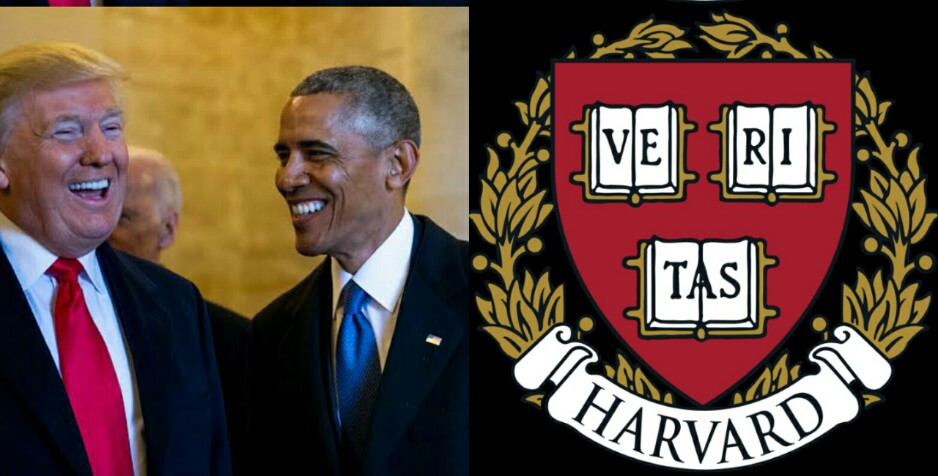In a spirited show of support for academic freedom, former US President Barack Obama has publicly praised Harvard University for resisting what he called an “unlawful and ham-handed attempt” by the Trump administration to stifle intellectual inquiry. According to Obama, Harvard has set a high benchmark for other higher education institutions by standing firm on its principles of academic independence.
During a tweet on his X page, Obama stated, “Harvard has set an example for other higher-ed institutions – rejecting an unlawful and ham-handed attempt to stifle academic freedom, while taking concrete steps to make sure all students at Harvard can benefit from an environment of intellectual inquiry, rigorous debate and mutual respect. Let’s hope other institutions follow suit.”
His remarks underscore the broader commitment among many educators and intellectuals to protect university autonomy.
Harvard University has made headlines after publicly declaring that it will not comply with demands from the Trump administration concerning its diversity programs, protest regulations, and hiring practices. In response, the administration has taken the drastic step of freezing $2.2 billion in federal grants to the prestigious private institution.
Harvard’s leadership, however, remains resolute in their stance. “No government—regardless of which party is in power—should dictate what private universities can teach, whom they can admit and hire, and which areas of study and inquiry they can pursue,” President Alan Garber emphasized during a recent address on campus.
This high-profile clash has sparked vigorous debates regarding the balance between institutional autonomy and government oversight in education. Supporters of Harvard’s decision argue that academic freedom is fundamental to fostering an environment of rigorous debate and diverse perspectives, while critics view the administration’s actions as necessary oversight.
As the dispute unfolds, many in the academic community are watching closely, hopeful that Harvard’s example will inspire a broader commitment to preserving academic independence in the face of governmental pressure.







